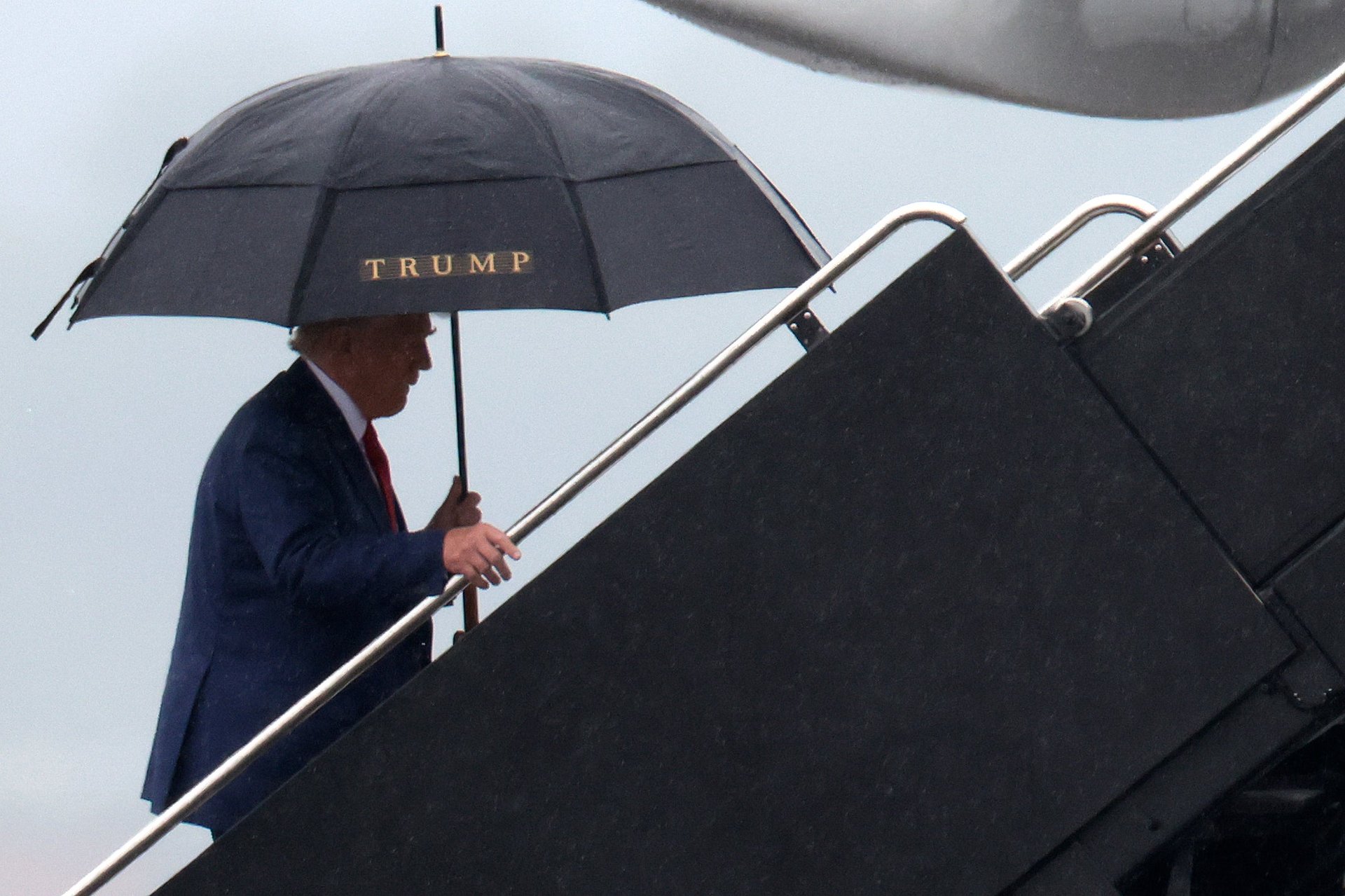Donald Trump may no longer be able to do business in New York
The judge in Trump's civil fraud case issued an "extremely uncommon" pre-trial ruling

Donald Trump’s fraud trial is set to go to trial in New York on Oct. 2, but a state supreme court justice dealt the former president a massive blow before the trial even started.
Suggested Reading
New York’s attorney general, Letitia James, brought civil charges against Trump, claiming he’s egregiously lied about his wealth—and the values of many Trump Organization’s properties—in order to secure favorable loan terms for property development.
Related Content
While James has sought $250 million in civil penalties, she’s also asked for stringent restrictions on Trump’s ability to do business in the state of New York. On that latter point, a New York judge may have just granted her wish.
Arthur F. Engoron, a justice on the New York State Supreme Court, surprised legal analysts on Sept. 27 when he granted James’ request for partial summary judgment, opting to rule on certain facts of the case himself before it goes to a trial. Engoron wrote in his ruling that Trump submitted financial documents that “clearly contain fraudulent valuations that defendants used in business.”
Engoron also canceled the business license of the Trump Organization and that of any other New York business financially controlled by Trump, his sons Donald Trump Jr. and Eric Trump, as well as Trump associates Allen Weisselberg and Jeffrey McConney.
In other words, Trump’s days of making money in his home state of New York might be over.
Trump’s arguments are from a “fantasy world”
Eric Talley, a law professor at Columbia University, said the judge’s pretrial ruling is a bit surprising. “Valuation is itself as much art as it is science and there is ample room for differences of opinion,” he told Quartz. Further, there’s typically an expectation that lenders do their own due diligence rather than solely take the borrower’s word.
But the judge’s ruling was scathing, with Engoron remarking at one point that the arguments presented by Trump’s lawyers belonged in “a fantasy world, not the real world.”
Rulings like this—whereby a judge nullifies the business certificates not only of the companies that were named parties to the case but also ones controlled by named individual defendants—are “extremely uncommon,” Talley said. “When that happens—and it is extraordinarily rare—the businesses get put into receivership and wound down, eventually liquidating.”
There are still some ways for Trump to wriggle out of this mess. Trump’s lawyers indicated that they will appeal the decision and, at the same time, they are attempting to delay the start of the trial.